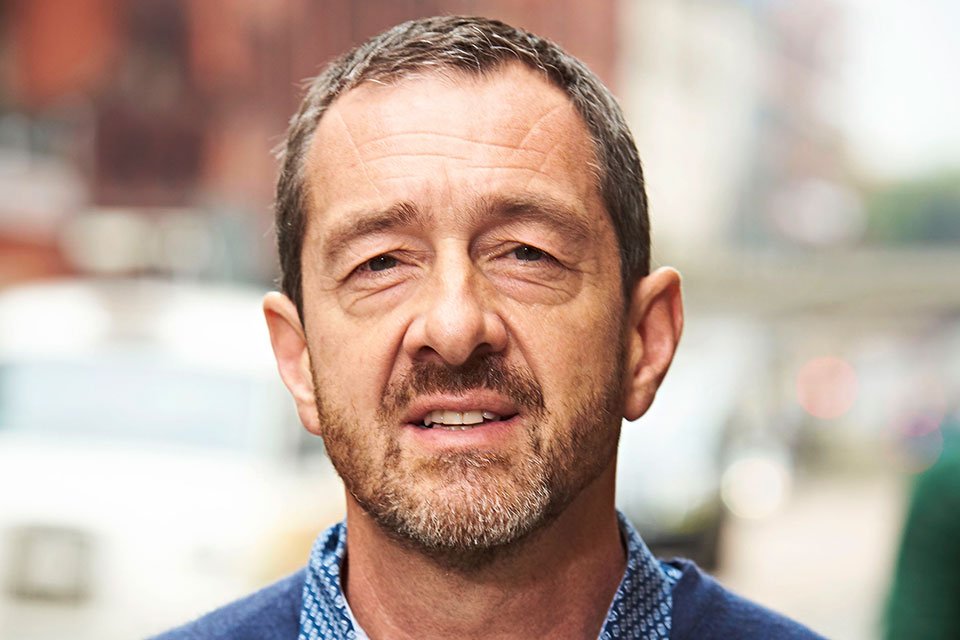Government establishes new active travel body
Former Olympic gold medal winning cyclist Chris Boardman is to become national commissioner of the government’s new cycling and walking body, Active Travel England (ATE). Boardman has been Greater Manchester’s Walking and Cycling Commissioner since 2017 and is one of the country’s leading figureheads for active travel.
Chris Boardman, national commissioner of the government’s new cycling and walking body, Active Travel England (ATE)
ATE will be responsible for driving up the standards of cycling and walking infrastructure and managing the national active travel budget and awarding funding for projects. It will inspect finished schemes and expect funds to be returned for any that do not meet new national standards or have not started or finished by the stipulated times.
ATE will also assess highway authorities for their performance on active travel and help local authorities to train staff in spreading good practice in design, implementation and public engagement. It will be a statutory consultee on major planning applications to ensure that the largest new developments properly cater for pedestrians and cyclists.
Boardman has been appointed on an interim basis, while the Department for Transport (DfT) conducts a full and open competition for the permanent commissioner role.
He will lead the ATE team in its work to raise the standards of cycling and walking infrastructure, in line with the principles set out in the government’s report Gear Change: a bold new vision for walking and cycling.
The new body will be headquartered in York from summer 2022 and preliminary work is already underway, scrutinising councils’ plans for active travel and supporting them to create ambitious schemes that will enable more people to walk, wheel and cycle safely.
ATE’s establishment follows the government’s commitment of £2 billion for cycling and walking over this Parliament.
Active Travel Commissioner for England Chris Boardman said, “The positive effects of high levels of cycling and walking are clearly visible in pockets around the country where people have been given easy and safe alternatives to driving. Perhaps most important of all, though, it makes for better places to live while helping both the NHS and our mission to decarbonise.
“The time has come to build on those pockets of best practice and enable the whole nation to travel easily and safely around their neighbourhoods without feeling compelled to rely on cars.
“This will be a legacy we will be proud to leave for our children and for future generations. It’s time to make it a reality – it’s time for a quiet revolution.”

